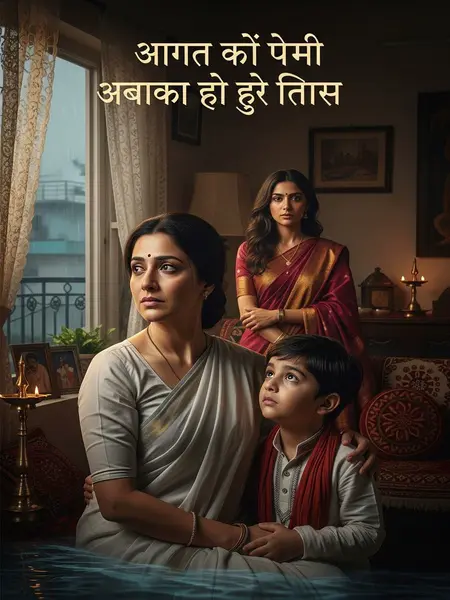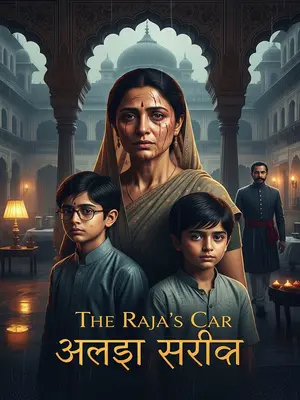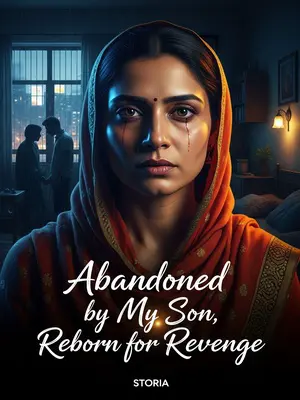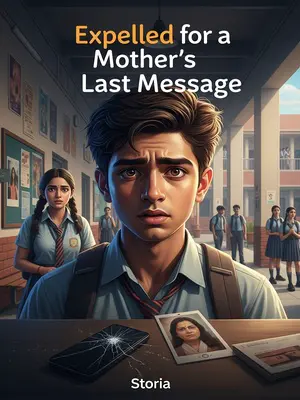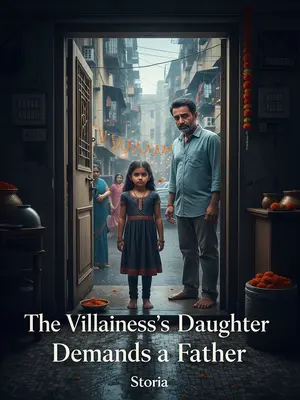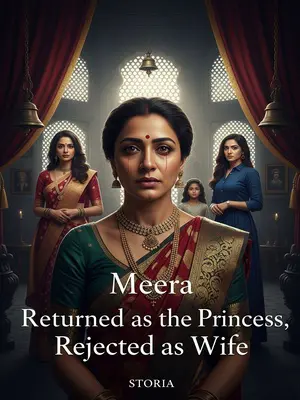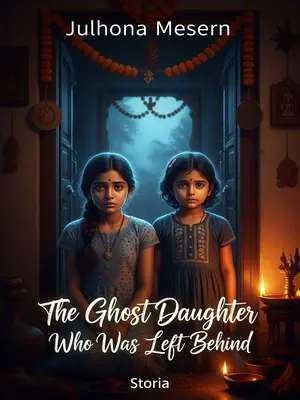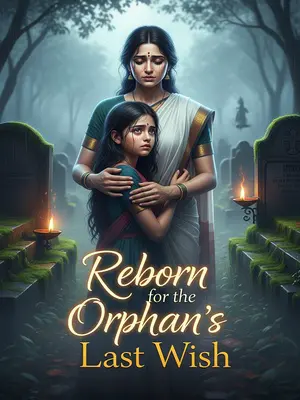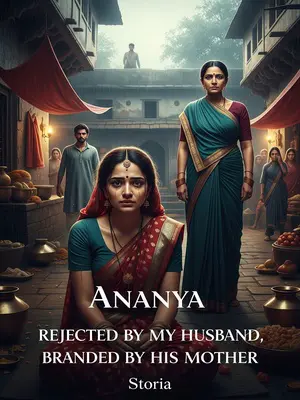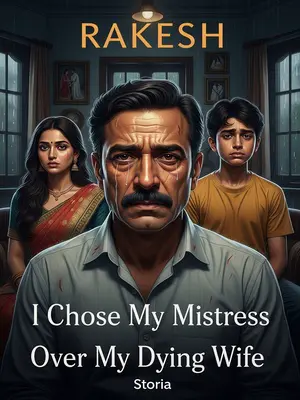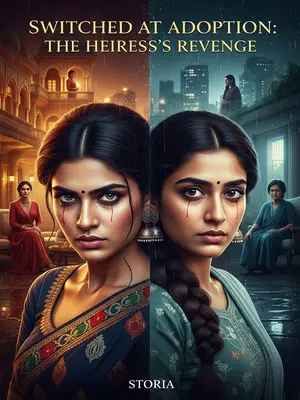Chapter 1: The Invisible Mother
He still refuses to speak to me and doesn’t let me touch him. I reach out, but Aarav pulls away, shrinking into himself, and the silence between us thickens like the May heat.
The stubborn silence between us hung heavier than the muggy air in May, as if every unsaid word grew thicker in the heat. Sometimes, the longing to just run my fingers gently through his hair, or even offer him a simple, motherly pat on the back, made my palms ache. But Aarav would shrink away, his eyes wary, as if I was a stranger—no, an intruder in his carefully ordered world.
When he threw a toy at me yet again, a flurry of comments suddenly flashed before my eyes:
[Arre yaar, kitni bechari hai Ananya. Sab kuch kiya, phir bhi...]
[The real heroine is about to appear, and Aarav’s autism will be cured.]
These lines hovered, sharp as gossiping aunties’ whispers behind veiled glances at a family function. The words pricked me harder than the toy train that had grazed my arm.
Looking at the family photo of the three of them on the wall, the faint scent of agarbatti drifted from the puja corner, and the muffled TV news from the neighbour’s flat seeped through the walls, grounding me in the ordinary chaos of this house. I handed the child over to Priya; let her come back and be Aarav’s mother.
The photo, with its forced smiles, hung above the shoe rack near the puja corner. The glass frame caught the faint flicker of the diya, as if mocking my place in this house. For a moment, the memory of Aarav’s small hands wrapped around Priya’s waist in the picture made me falter. But I steadied myself, handed Aarav over to Priya—her bangles clinking as she accepted him—and in my heart, whispered a reluctant blessing. Let her come back, let Aarav’s world be whole again.
Go away.
I hate you.
Aarav screamed, hurling a toy train at my forehead.
I felt a warm trickle slide down the corner of my eye.
It wasn’t just pain from the plastic engine hitting my skin; it was the ache of four years, every unanswered prayer pooling into a single salty line. I blinked quickly, refusing to let anyone see my tears. Even as the ceiling fan whirred above, stirring the stifling air, my heart grew heavier.
Strange lines of text floated past, one after another:
[Bas karo, yaar 😢 Supporting character ki toh life hi khatam ho gayi.]
[After she returns to the Gupta family, she’ll probably be married off to a widower in his fifties.]
I blinked, just to make sure I wasn’t imagining things. What do these words mean? Am I the supporting character?
The question burned under my skin. Was I really just an extra in my own story, destined to be forgotten like those distant relatives nobody remembers at weddings?
Aarav was still screaming. Hurried footsteps echoed in the hallway, coming up the stairs.
The rhythm of Priya’s kolhapuri chappals against the marble announced her arrival before I saw her. My heart thudded as I braced myself.
“Is this how you take care of Aarav?”
Priya brushed past me, scooping Aarav into her arms. She turned and, seeing the blood on my forehead, pressed her lips into a thin line.
Her perfectly shaped eyebrows arched, a flash of worry crossing her face before she hesitated—a hand hovering as if to help, but then she pulled back, her voice sharpening. “Ananya, go and put some medicine on that. Don’t stand here.”
Her voice left no room for protest, carrying the authority of someone used to being obeyed. I could smell her jasmine-scented perfume as she gathered Aarav closer, his little fists clutching her pallu.
I lowered my head, stood up, and left the children’s room.
As I slipped past, the faint smell of Dettol from my kurta mingled with the lingering talcum powder in the corridor. Each step away from them felt like walking barefoot over shattered glass.
[Hurry up and leave, the happy scene of the main couple and their child is finally coming.]
[Looking forward to Aarav calling the heroine ‘Maa.’]
Seeing the last line of comments, my heart clenched painfully. Who exactly is the heroine they’re talking about? After all, I’ve cared for this child for years.
The bitter taste of unfairness rose in my throat. Four years of adjusting my routine to Aarav’s, of sleepless nights beside his fevered body, of carefully stitched charts and routines, all dismissed in a single comment. Who decides who is the heroine, and who is just a side character in this life?
As I went downstairs, I accidentally bumped into a woman. She wore a light blue salwar suit, her eyes curving into crescents when she smiled.
A fine gold chain glinted at her throat, her hair neatly braided with a single jasmine flower tucked in. She moved with the easy confidence of someone used to belonging.
“Mrs. Sharma, hello, I’m Mr. Sharma’s assistant. I just stopped by to check on the young master.”
Her voice was gentle, the sort of politeness you reserve for relatives at a formal dinner. Her hands folded together in front of her, fingers stained with faint traces of ink.
I nodded and hurried past her.
My voice caught in my throat, so I simply nodded—a tight, silent gesture—before slipping away, the echo of her smile chasing me down the stairs.
